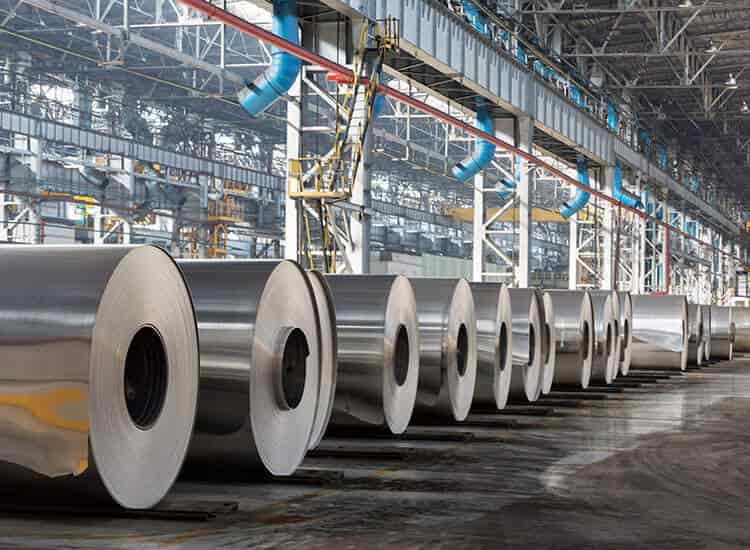In the dynamic landscape of the metal industry, sustainability has become a cornerstone of success. Managing supply chains with a focus on sustainability not only meets regulatory requirements but also enhances operational efficiency and builds resilience against global challenges. Here’s how industry leaders are navigating these waters to ensure longterm viability.
Understanding Supply Chain Sustainability in Metals
Supply chain sustainability in the metal industry encompasses practices that minimize environmental impact, promote ethical sourcing, and support community wellbeing throughout the entire supply chain—from raw material extraction to endproduct delivery.
Key Strategies for Sustainable Success
1. Responsible Sourcing and Traceability:
Embracing responsible sourcing practices ensures that metals are procured ethically and transparently. This involves:
Supplier Audits and Certifications: Verifying compliance with environmental and social standards.
Traceability Systems: Tracking the origin of materials to prevent the use of conflict minerals and ensure ethical supply chains.
2. Energy Efficiency and Emissions Reduction:
Improving energy efficiency and reducing emissions are critical for minimizing the carbon footprint of metal production. Strategies include:
Investing in Clean Technologies: Adopting energyefficient processes and renewable energy sources.
Carbon Capture and Storage (CCS): Mitigating emissions by capturing and storing CO2 produced during metal production.
3. Waste Reduction and Circular Economy Initiatives:
Embracing circular economy principles helps in reducing waste and promoting resource efficiency. Actions include:
Recycling and Reuse Programs: Recovering and recycling scrap metal to reduce reliance on virgin materials.
Product Design for Sustainability: Designing products with recyclability and longevity in mind.
Benefits of Supply Chain Sustainability
1. Risk Mitigation and Resilience:
Sustainable supply chains are less vulnerable to disruptions, such as resource scarcity or regulatory changes, ensuring continuity of operations.
2. Enhanced Reputation and Stakeholder Engagement:
Demonstrating commitment to sustainability enhances brand reputation and attracts socially conscious consumers and investors.
3. LongTerm Cost Savings:
Investing in sustainable practices often leads to longterm cost savings through improved resource efficiency and reduced operational risks.
Future Outlook and Industry Leadership
As the metal industry evolves, so too will the strategies for supply chain sustainability. Innovations in technology, regulatory frameworks, and consumer expectations will drive continuous improvement in sustainability practices across the sector.
Conclusion: A Sustainable Future for the Metal Industry
In conclusion, managing supply chain sustainability is not just a regulatory requirement but a pathway to longterm success and resilience in the metal industry. By implementing responsible sourcing, embracing energy efficiency, and fostering circular economy initiatives, companies can lead the charge towards a more sustainable future.
As industry leaders collaborate and innovate, they pave the way for a metal industry that thrives economically while safeguarding the environment and benefiting communities worldwide. Together, these efforts ensure that supply chain sustainability remains at the forefront of industry practices, setting a precedent for generations to come.




